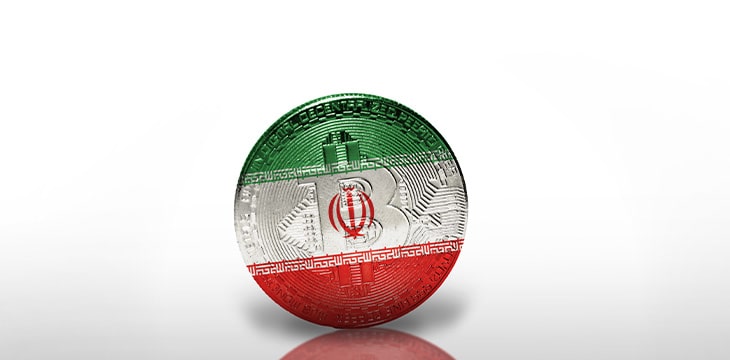|
Getting your Trinity Audio player ready...
|
Two weeks ago, Iran saw the first digital asset payment for imports, and now, the Iranian government has officially legalized payments for imports through digital assets.
As CoinGeek reported, the Deputy Minister of Industry, Mine and Trade Alireza Peyman-Pak pledged to push for digital asset payments, stating that “by the end of September, the use of cryptocurrencies and smart contracts will be widespread in foreign trade with target countries.”
Local news outlet Tasnim now reports that the Iranian government has passed an act that legalizes paying for imports in digital assets.
Speaking to reporters recently, Minister of Industry, Mine and Trade Reza Fatemi Amin revealed that the new law delves into digital asset regulations, ranging from the supply of electricity for mining to the scope of goods and services that can be paid for in digital assets.
The target is to ease payments for importers, the minister said. To this effect, the Central Bank of Iran and the Ministry of Industry have partnered to streamline digital asset payments for imports, including for cars. Iran has recently lifted its four-year ban on car imports. The government estimates that the market demand is for about 1.2 million cars annually, a substantial part of which could be paid for in digital assets.
The new law comes just days after Iranian importers demanded regulatory clarity regarding using digital assets in foreign trade.
Speaking to local news outlets, the head of Iran’s Importers Group, Alireza Managhebi, lauded the move to allow digital asset payments for imports. However, he questioned the mechanism the government was employing, which could easily be changed overnight or even exploited by unscrupulous officials.
“The question is, has the government developed consistent regulations for the cryptocurrency uses so that they will not change within two months and the businessmen active in this field will not be harmed?”
Alireza also noted that digital assets would not completely end the dominance of the U.S. dollar in the imports sector. While they would be a welcome reprieve for many, he pointed out that digital assets have their own place, and the USD has its.
Iran is the world’s second-most sanctioned nation after Russia, and this has weighed heavily on its international commerce. For a long time, the Middle Eastern country has touted digital assets to be the solution to sanctions, but this is the first time it has made a concrete move toward using digital currencies for imports.
Watch: The BSV Global Blockchain Convention panel, Islamic Finance & Blockchain
https://youtu.be/FoEMGzidwQU

 02-22-2026
02-22-2026 




